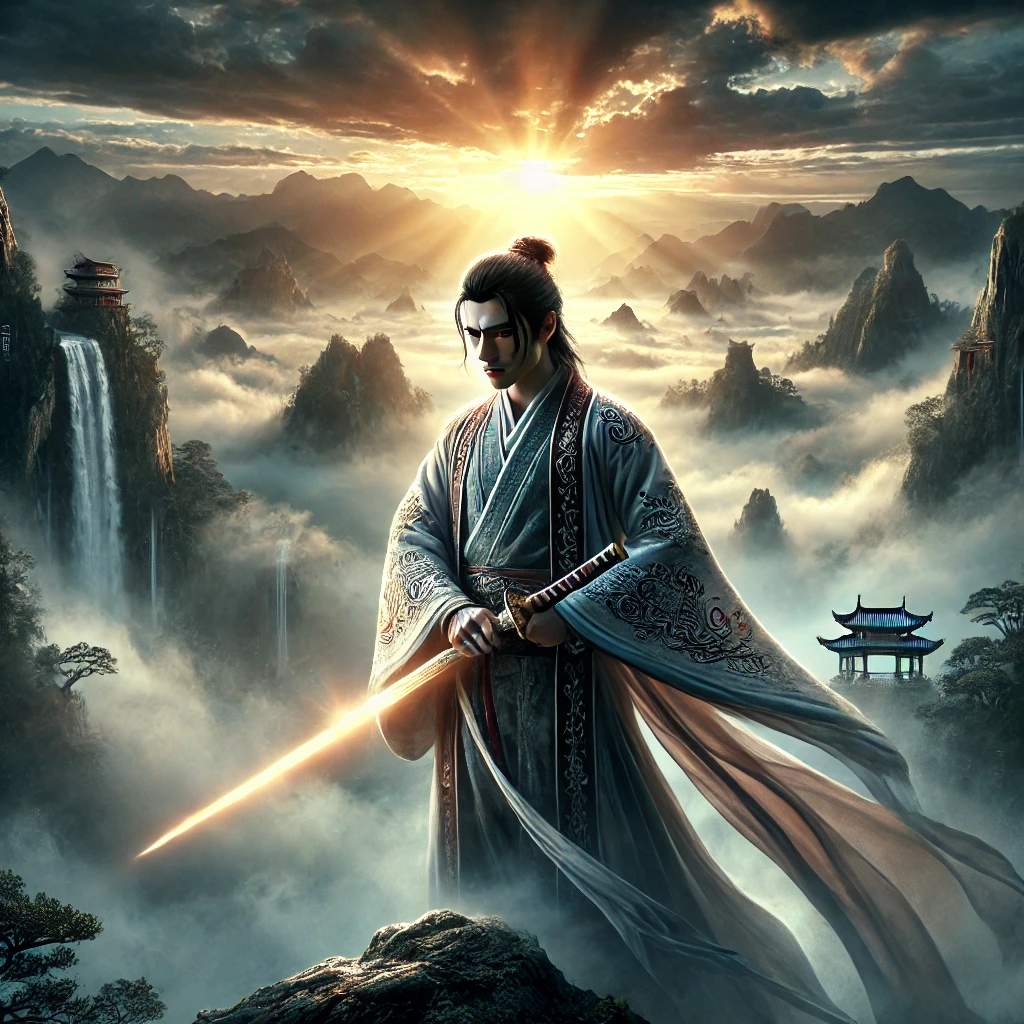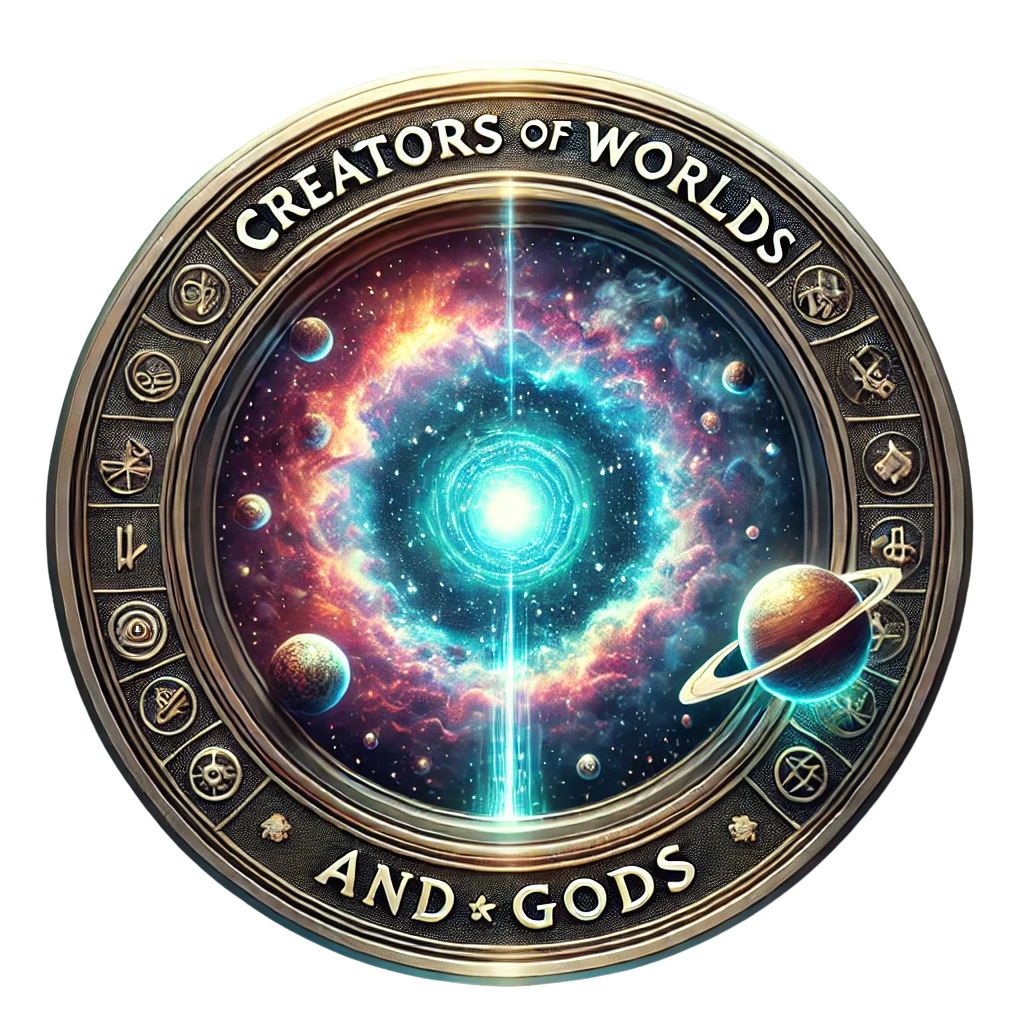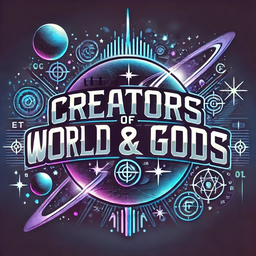Blog
How Wuxia Explores Themes of Redemption

Wuxia, a genre of Chinese martial arts fiction, goes beyond its captivating fight scenes and gravity-defying stunts to delve into profound human experiences. Among its many themes, redemption stands as a recurring and powerful motif, offering characters—and readers—a journey of transformation, atonement, and self-realization.
Rooted in Confucian, Daoist, and Buddhist philosophies, wuxia narratives frequently place flawed heroes at the center of their stories. These protagonists, often burdened by guilt, revenge, or moral failings, embark on paths that challenge their values and force them to confront their past. This exploration of redemption makes wuxia more than just action-packed entertainment; it is a reflection on morality, personal growth, and the search for meaning.
This article will delve into the ways wuxia explores themes of redemption, examining its philosophical foundations, iconic works, and cultural significance. Along the way, links to books, historical sites, and cultural resources will provide a deeper understanding of this timeless theme.

The Philosophical Foundations of Redemption in Wuxia
Wuxia stories draw heavily from Chinese philosophy and religion, especially Confucianism, Daoism, and Buddhism. Each philosophy offers a unique lens through which redemption is framed and understood.
Confucianism: Duty and Social Harmony
In Confucian thought, redemption is often tied to fulfilling one’s duties to family, community, and society. Protagonists in wuxia frequently seek to atone for past misdeeds by protecting the weak, restoring justice, or mending fractured relationships.
Daoism: Harmony with the Dao
Daoism emphasizes living in accordance with the Dao, or the natural way of the universe. Redemption in wuxia often involves characters shedding worldly attachments, reevaluating their goals, and aligning themselves with a higher moral or spiritual path.
Buddhism: Karma and Rebirth
Buddhist influences in wuxia highlight the concepts of karma and rebirth. Characters burdened by past sins often strive for redemption by performing selfless acts, enduring suffering, or pursuing enlightenment.
For an in-depth understanding of these philosophies, the Confucius Temple and Cemetery in Qufu and the Daoist Temple of the White Cloud in Beijing are significant cultural landmarks. Additionally, texts like the “Analects of Confucius” and the “Diamond Sutra” provide foundational insights into these ideas.
Redemption Through Revenge and Forgiveness
The Cycle of Revenge
Revenge is a common starting point for many wuxia tales. Protagonists often begin their journey seeking vengeance for a slain family member, a betrayed master, or a dishonored clan. However, these quests for revenge rarely end in satisfaction. Instead, they serve as a catalyst for the characters’ inner transformation.
In “The Legend of the Condor Heroes” by Jin Yong, Guo Jing, a seemingly simple protagonist, evolves from a naive boy seeking justice for his family into a mature hero who prioritizes the greater good over personal vendettas. His journey reflects how the desire for revenge can give way to a broader understanding of morality and compassion.
The Power of Forgiveness
Forgiveness, both of others and oneself, is central to redemption in wuxia. Characters often find peace by releasing their grudges and embracing a more compassionate worldview. This transformation not only redeems the individual but also restores harmony to their relationships and the world around them.
The Buddhist concept of “letting go” is beautifully illustrated in works like “The Deer and the Cauldron” by Jin Yong, where characters confront the futility of their grudges and find redemption through reconciliation.
Redemption Through Self-Sacrifice
In wuxia, redemption often demands a profound act of self-sacrifice. Protagonists may risk their lives to save others, restore honor, or protect their values, symbolizing their transformation from flawed individuals to selfless heroes.
Iconic Examples
- Linghu Chong in “The Smiling, Proud Wanderer” by Jin Yong
Linghu Chong’s journey is one of personal redemption. Initially seen as a carefree and irresponsible swordsman, he evolves into a protector of justice. His sacrifices for his friends and ideals exemplify how selflessness can lead to redemption. - Nie Yinniang in “The Assassin” (Film)
This wuxia-inspired film portrays Nie Yinniang, a trained assassin, who struggles to reconcile her violent past with her desire for peace. Her eventual choice to abandon her mission and spare her target is a powerful act of redemption.
Redemption Through Mastery of Martial Arts
Martial Arts as a Spiritual Path
In wuxia, martial arts are not merely physical skills; they are vehicles for spiritual growth and self-discovery. Characters often use their training to confront their inner demons, purify their intentions, and seek redemption.
For instance, in “Crouching Tiger, Hidden Dragon“, Li Mu Bai seeks to atone for his past mistakes by mastering his craft and imparting wisdom to others. His discipline and humility reflect the transformative power of martial arts.
Healing Through Mentorship
Mentorship plays a crucial role in many wuxia tales. Redeemed characters often become mentors, guiding younger disciples to avoid the mistakes they once made. This act of passing on wisdom is both a redemptive and restorative process.
The legacy of mentorship is vividly depicted in “The Grandmaster“, a film inspired by the life of Ip Man. Ip Man’s dedication to teaching Wing Chun exemplifies how martial arts can redeem and heal not only the practitioner but also their community.
Redemption Through Relationships
Love and Redemption
Romantic relationships often serve as a crucible for redemption in wuxia. Protagonists must prove their worth through acts of devotion, loyalty, and transformation. These stories often highlight how love can inspire change and provide a path toward redemption.
In “Return of the Condor Heroes“, Yang Guo’s love for Xiaolongnü drives him to overcome his flaws and mature into a true hero. His redemption is intertwined with his ability to nurture and protect their bond.
Friendship and Brotherhood
Friendship and camaraderie also play a vital role in redemption arcs. Characters often find strength and purpose through their relationships with others, whether it’s a loyal companion, a wise mentor, or a group of righteous allies.
For example, in “The Water Margin” (Outlaws of the Marsh), a band of 108 outlaws seeks redemption by fighting against corruption and injustice. Their loyalty to one another strengthens their resolve and redeems their rebellious pasts.
Redemption Through Confronting the Past
Facing One’s Mistakes
Many wuxia heroes must confront the consequences of their past actions to achieve redemption. This often involves revisiting old enemies, making amends for wrongs, or reconciling with estranged loved ones.
In “Hero” (Film), the protagonist Nameless reflects on the moral implications of his actions, ultimately choosing a path of selflessness for the greater good. His journey demonstrates how redemption is often tied to an honest reckoning with the past.
Reclaiming Lost Honor
Honor is a central theme in wuxia, and redemption often involves reclaiming it. Characters who have been wrongfully accused or have fallen from grace strive to prove their integrity and restore their reputation.
This theme is explored in “Sword Stained with Royal Blood” by Jin Yong, where the protagonist Yuan Chengzhi seeks to vindicate his family’s name while navigating a morally complex world.
Iconic Wuxia Works Exploring Redemption
- “The Legend of the Condor Heroes” by Jin Yong
This epic series offers multiple redemption arcs, particularly through characters like Guo Jing and Huang Rong, who evolve through love, sacrifice, and duty. - “The Smiling, Proud Wanderer” by Jin Yong
Linghu Chong’s journey is a masterclass in redemption, showcasing themes of loyalty, justice, and personal growth. - “The Assassin” (Film)
This visually stunning film explores the moral struggles of a female assassin seeking to redeem herself by renouncing violence. - “Crouching Tiger, Hidden Dragon” (Film)
This classic wuxia film portrays redemption through discipline, love, and the pursuit of inner peace.
For fans of Jin Yong, his works are available in translation on platforms like Amazon.
Cultural Significance of Redemption in Wuxia
The theme of redemption resonates deeply with wuxia’s audience, reflecting universal human struggles. In a genre where the line between right and wrong is often blurred, redemption offers a way to navigate moral ambiguity and achieve spiritual and emotional balance.
Wuxia and the Modern World
In contemporary society, wuxia’s focus on redemption serves as a reminder of the power of resilience, forgiveness, and transformation. Its characters’ journeys inspire readers and viewers to confront their own challenges and strive for personal growth.
Further Reading and Exploration
Redemption in wuxia transcends cultural and linguistic barriers, offering stories that are as morally complex as they are emotionally resonant. Through its richly woven tales, wuxia invites readers to reflect on their own paths toward redemption and embrace the possibility of transformation.

